Ukraine war: Russians don’t share our ideas of Nazism
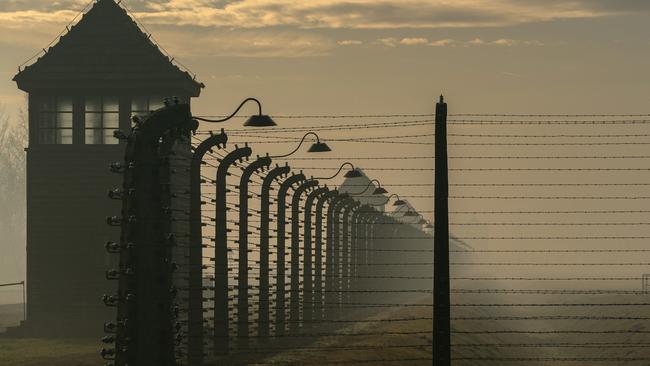
It probably was, but only just. A few months later, now with a tiny daughter, they were deported to a gulag in Siberia. They were eventually freed after Germany invaded Russia, although “freed” in this context is a euphemism for “evicted”. Destitute and sick, they were packed into cargo trains, heading west again. Contemporary accounts talk of bodies falling from these trains “like sticks”.
Sulamita and her child – name now never to be known – would die somewhere in Uzbekistan. My grandfather limped on to Palestine. By then, thanks to the combined efforts of Germany and Russia, he had almost no family left in the world. All of which, eight decades on, makes it fairly hard for me to regard either party as having been the good guys.
Deep within this story, I reckon, we can find the source of Russia and the West’s mutual incomprehension over who gets to call whom a Nazi. Yesterday, our Defence Secretary Ben Wallace went big on this, saying Russia was “mirroring the fascism and tyranny of 70 years ago”. Almost simultaneously, though, Vladimir Putin was praising Russians fighting to “liberate their native land from the Nazi filth”.
Last week Sergey Lavrov, the tombstone-faced foreign minister, defended his right to lump the Jewish Vlodymyr Zelensky in with Nazis, on the basis that “Hitler also had Jewish blood”. He’s a monster, Lavrov, but he’s normally quite savvy. And yet there he was, being even madder than Ken Livingstone.
It is easy to call these Russian pronouncements grotesque, because they are. That doesn’t mean they don’t mean it. Years ago, on my first visit to Moscow, I remember telling a Russian translator about my grandfather. When I got to Russia changing sides, she looked at me very strangely. “You don’t think that happened,” I said, “do you?” And indeed, she did not. For her, the Great Patriotic War had begun in 1941. And that bit beforehand, from the carving up of Poland, to the fall of western Europe, to our Spitfires fighting the Battle of Britain? “Different war.”
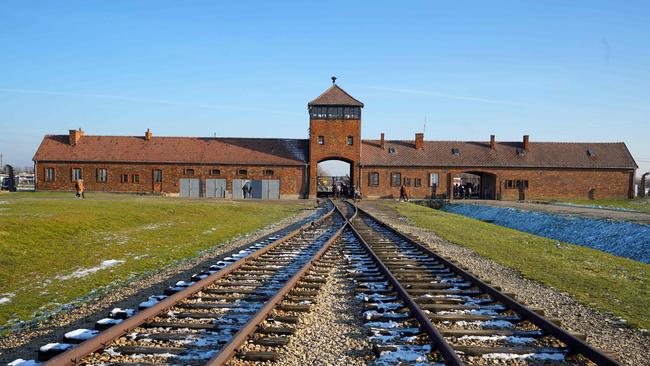
These views are pervasive. In March, Zelensky himself was accused of “bordering on Holocaust denial” by an Israeli MP after likening Russia’s invasion of Ukraine to the Holocaust. Zelensky’s own Jewish great-grandparents were killed by Nazis. Yet he, too, has a Soviet understanding of the war, crucially different from our own.
To understand how, let’s focus on somebody who definitely is a Nazi. Ponder Andriy Biletsky, a Ukrainian far-right politician and founding commander of the much-discussed Azov Battalion. We can dispute whether figures like him are terribly relevant to today’s Ukraine (their vote is microscopic) or whether Azov is still in his image (they claim not) but I don’t think we can dispute that the guy is a Nazi. In 2010, he said his mission was “to lead the white races of the world in a crusade against Semite-led Untermenschen”. Which is about as Nazi as you can get.
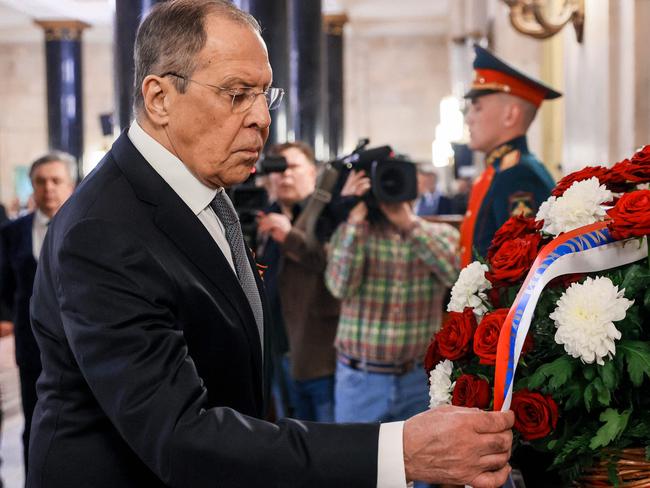
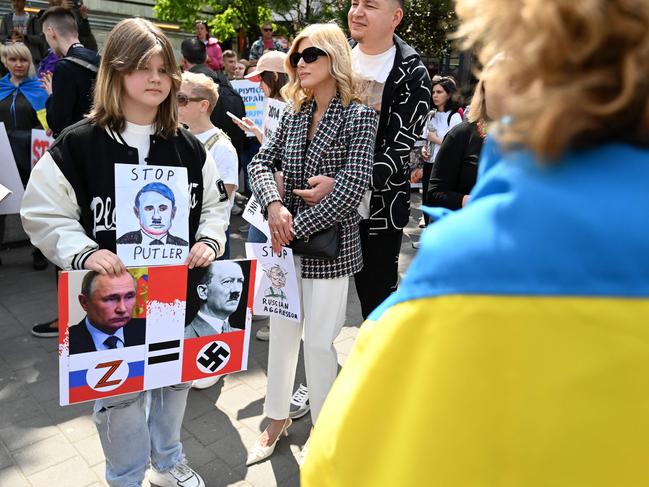
The question, though, is which bit you focus on. “Israeli mercenaries are practically shoulder to shoulder with Azov militants,” alleged Maria Zakharova, another Russian foreign spokesperson, in defence of Lavrov, not that there’s much evidence of this. You’d think that something might have nagged at the back of her mind about what she was actually saying. As in, it’s already mad enough to talk about the Ukrainian state being a crusade against a “Semite-led” anything, when it’s literally, well, Semite-led. But now you’ve got actual Israelis joining in, too?
What we in the West tend to gloss over, though, is the “Untermenschen” bit. For us, Nazi psychopathy peaked with the elimination of undesirables; Jews, Roma, homosexuals, people with disabilities. We think less about the broader Nazi ideology of the inferiority of Poles, Russians and other Slavs, all of whom Hitler deemed destined at best for Aryan domination. Millions of Russians died in the war. Here in the West, I suppose we tend not to think of them explicitly as victims of an ideology that deemed them barely human to start with.
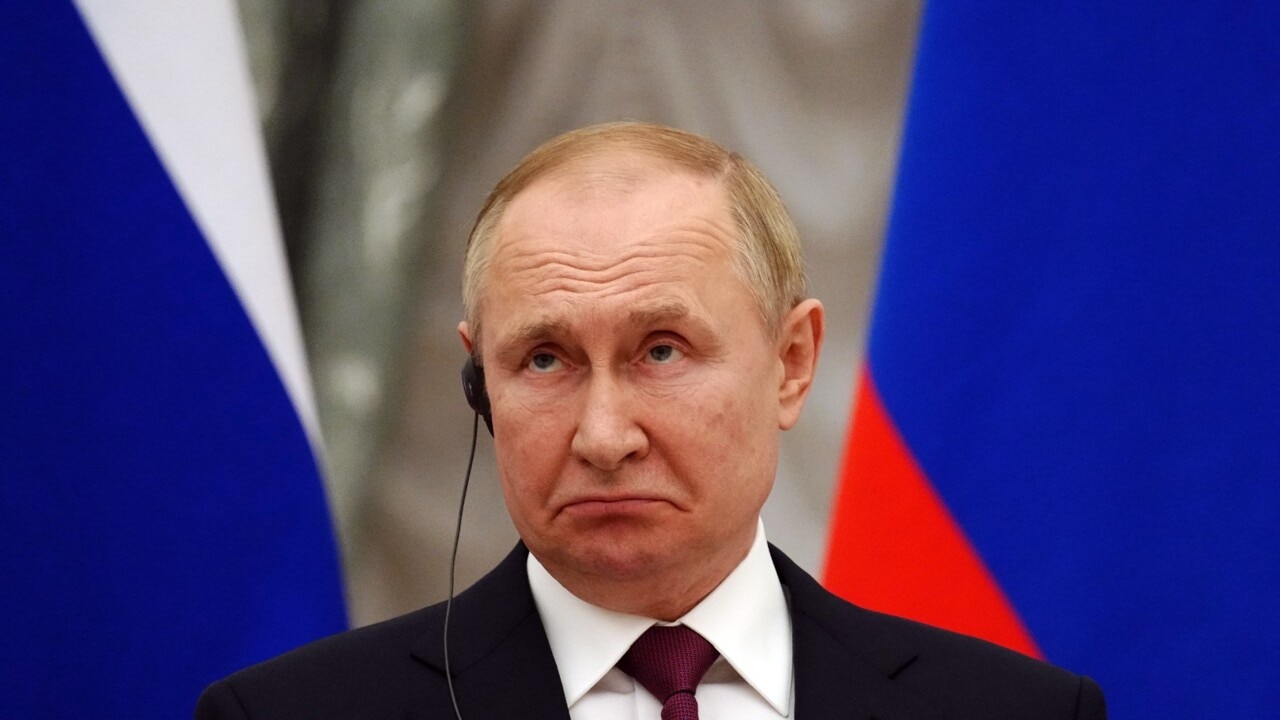
So often, to western ears, Russian politicians today sound plaintive; victims of an inferiority complex that, we perhaps assume, must have something to do with the humiliations of the Cold War and jokes about Ladas being terrible. We don’t link it to the Nazis, but they do. This is why, when Putin talks today about wanting to “de-Nazify” Ukraine, he’s not really talking about concentration camps, or swastikas, or anything like that at all. He’s talking about the very concept of not wanting to be Russian; of thinking it an inherently undesirable thing to be. For him, this is what Nazis were all about. Disdaining Russia. Despising Russia. Looking down on Russia. And so, if Ukrainians don’t want to be Russians, either, then that’s what they are.
Historically, I suppose you can see how he got here. As an interpretation of the current conflict, though, it looks dangerously deranged. Either way, you do have to marvel at the magnificent futility of East and West spending half a century thinking we all agreed about how bad Nazis had been, only to find today that we were actually having completely different conversations.
More than that, though, I think of my grandfather, with his parents dead on one side of the Molotov-Ribbentrop pact and his wife and daughter dead on the other. And in the middle of all that, quite a lot of the time, I doubt he much gave a toss precisely which side were the Nazis, either.
The Times

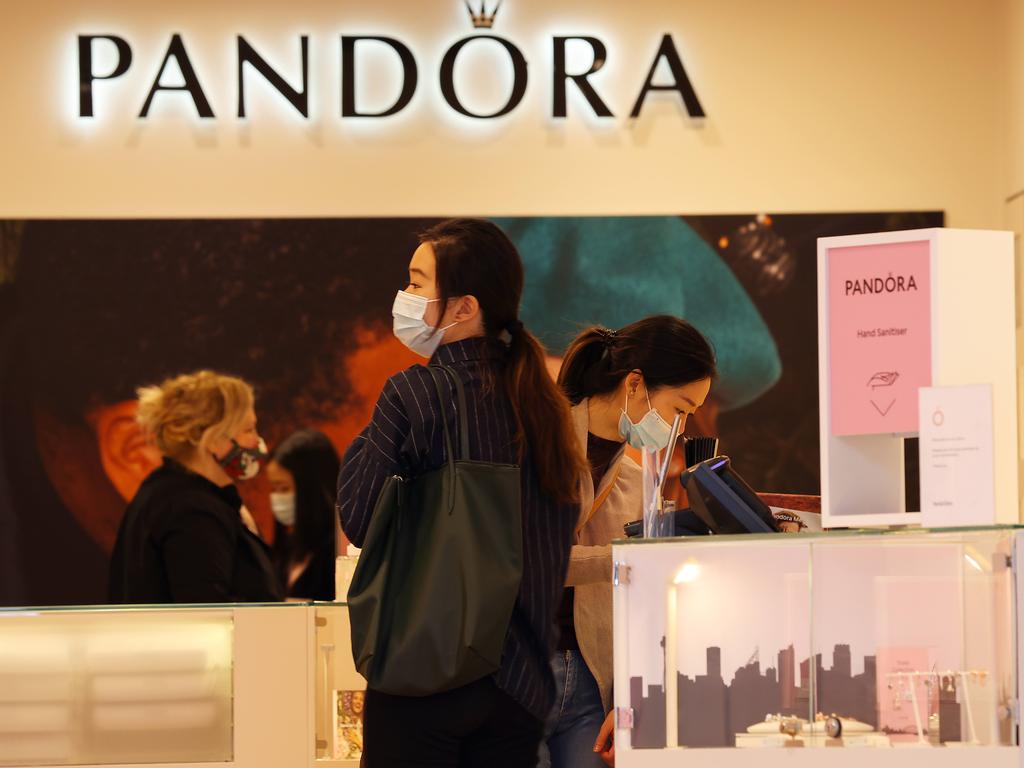
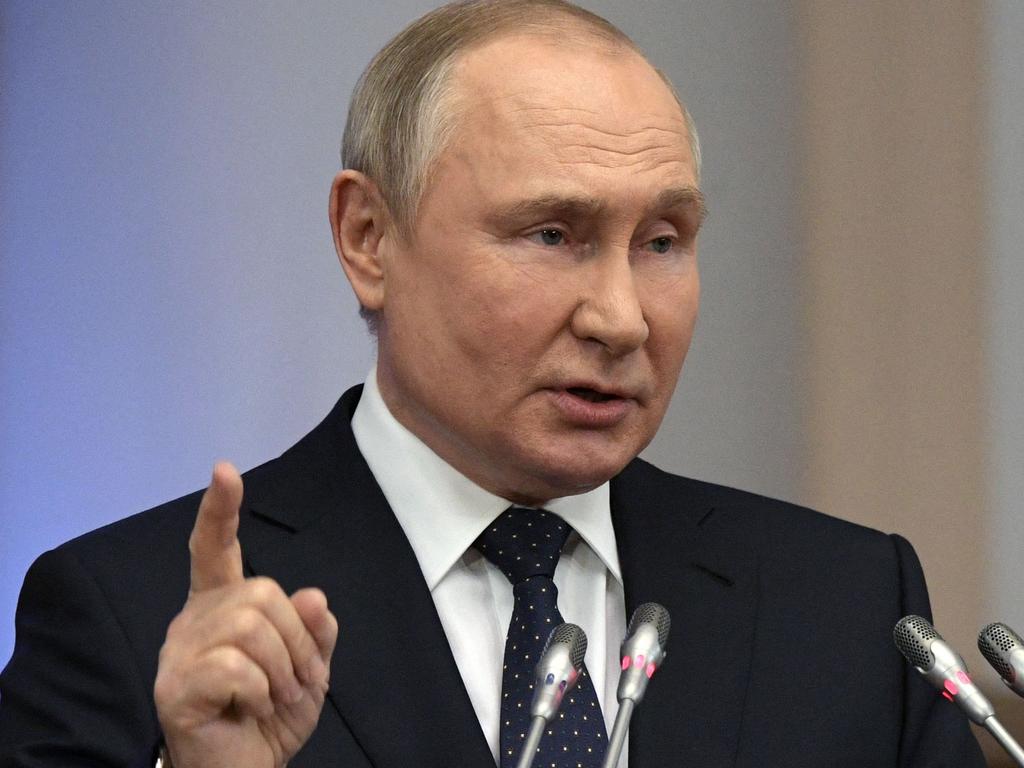

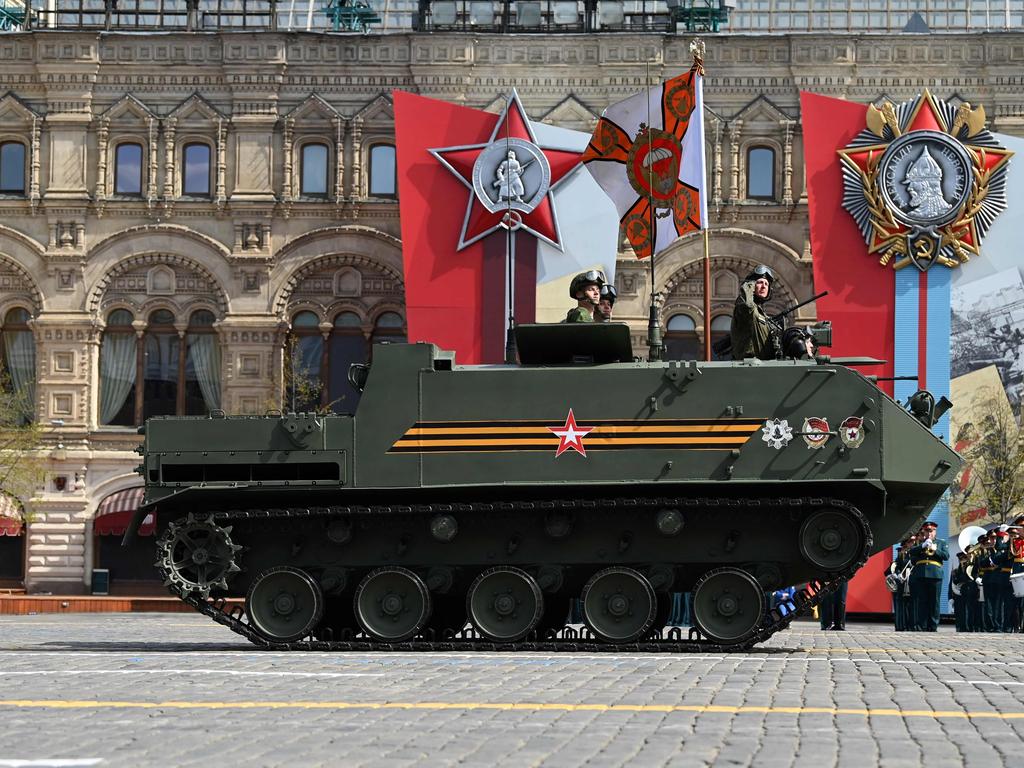
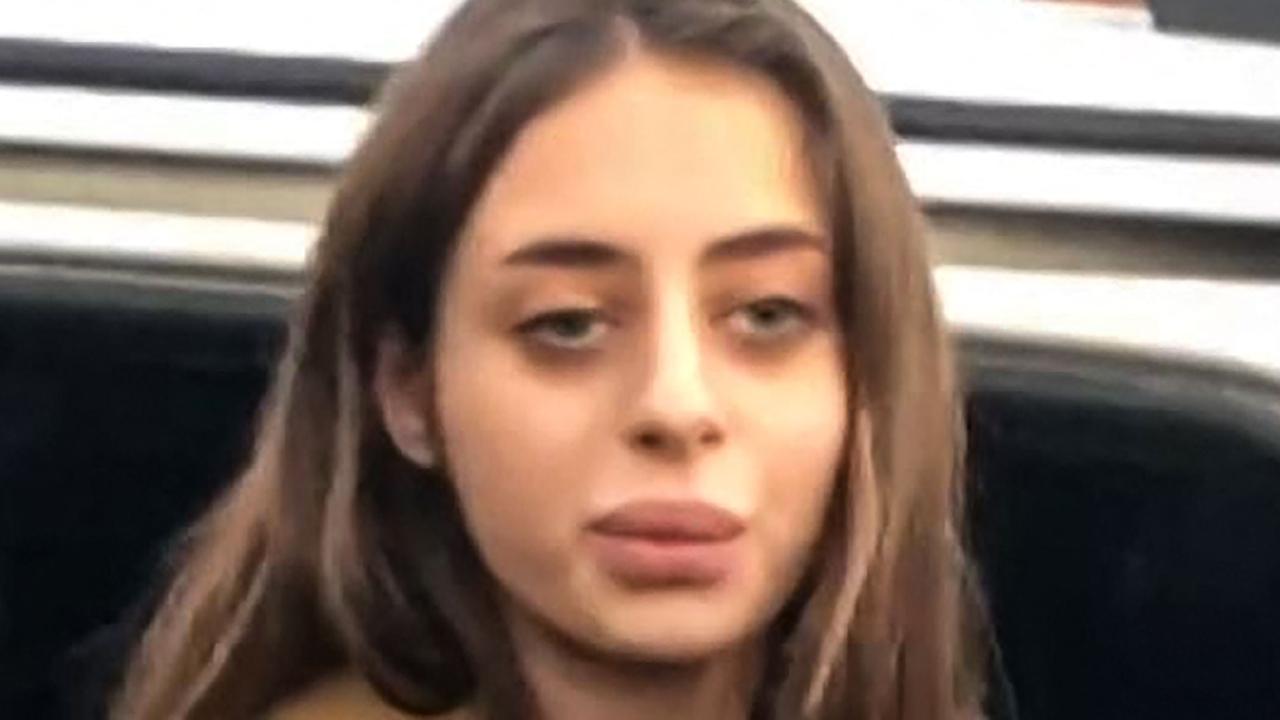
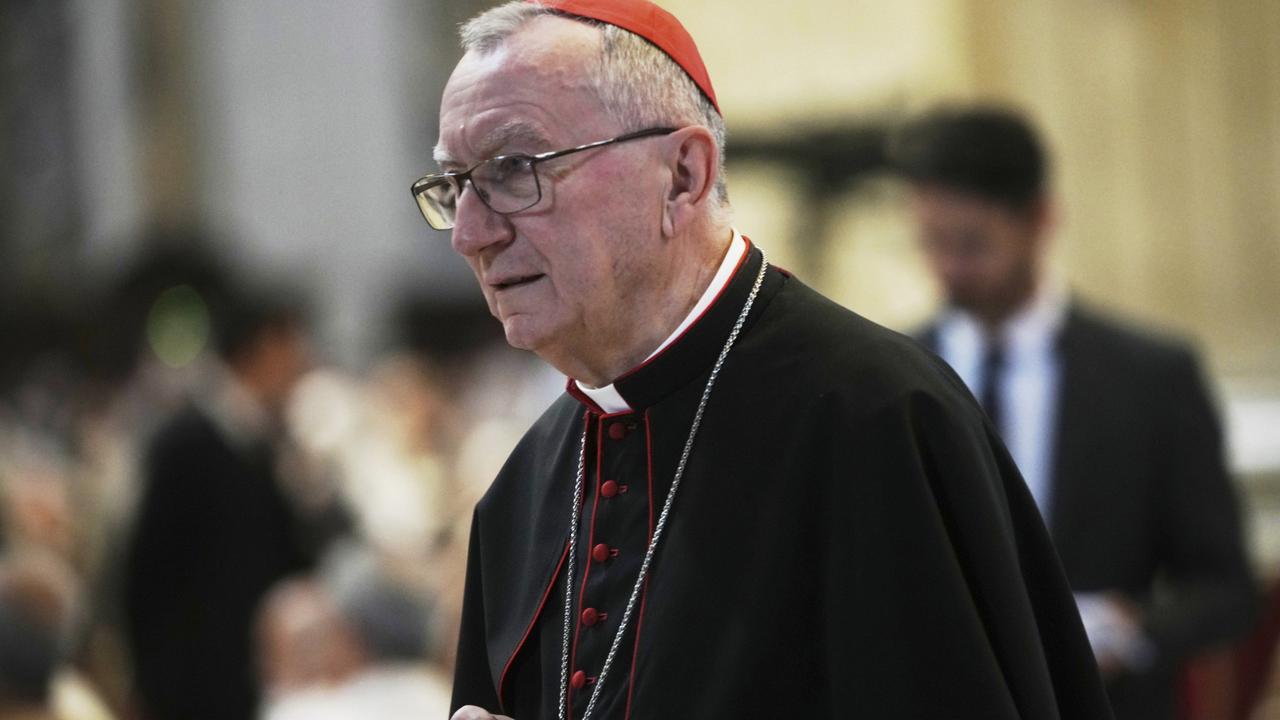
In September 1939, when Nazi Germany invaded Poland from one side and Stalinist Russia as gleefully piled in from the other, my grandfather’s girlfriend Sulamita was four months pregnant. We’ve heard a lot these past few months about refugees fleeing from the east to Lviv, but she and my Grandpa Joe lasted three months in Nazi-occupied Warsaw and then fled there from the west. As Jews, they presumably reckoned that Soviet occupation was a safer bet.